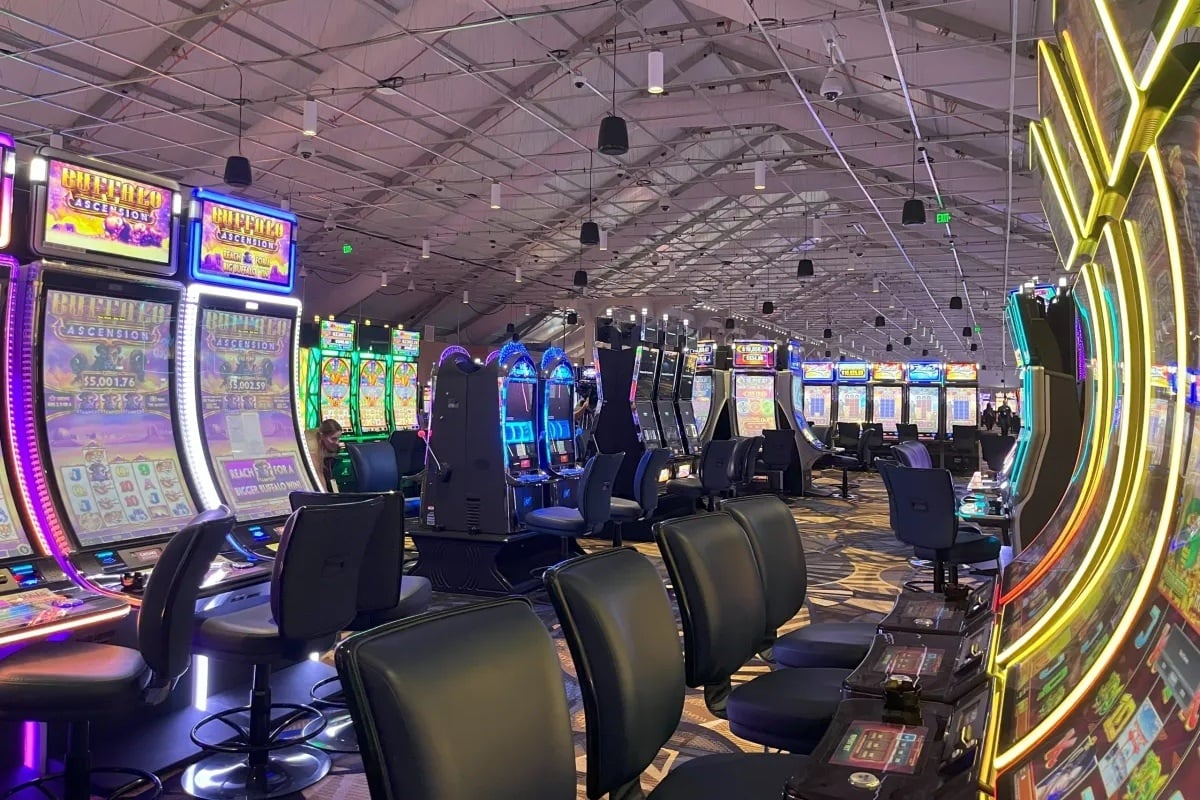
In the world of gambling, where chance and strategy meet, a unique tapestry of beliefs unfolds—one that braids luck, fate, and the enigmatic nature of casino games. Casinos, bustling with excitement and anticipation, are not just places for placing bets; they are also arenas where superstitions thrive. From the novice player to the seasoned gambler, these mysterious practices often shape how individuals approach the games they play, believing that their actions can affect the outcome in ways that go beyond mere probability.
When players gather around roulette wheels, blackjack tables, and slot machines, the atmosphere is thick with stories of lucky charms, rituals, and codified behavior that defy logic yet provide a sense of comfort. It could be the case that it’s wearing a specific outfit, following a particular sequence of bets, or even avoiding certain numbers, the attachment to various superstitions reflects a deep-rooted desire to master the uncontrollable. This article delves into the captivating world of casino game superstitions, exploring the beliefs that both entertain and mystify those who dare to play.
Historical Beginnings of Superstitions
Betting games have long been interwoven with an array of superstitions that trace to primitive civilizations. The origins of these notions can be associated to humanity’s intrinsic need to influence the unpredictable outcomes associated with fortune and uncertainty. In primitive civilizations, games of uncertainty were often connected to religious practices. Gamblers would call upon favor or ask for favor from spirits, believing that their actions could change the results in their benefit. This groundwork laid the groundwork for the multitude of superstitions that proliferated as betting evolved over centuries.
During the Middle Ages, betting became a common pastime across Europe, and with it, a diverse tapestry of superstitions emerged. Participants adopted different rituals and charms, believing they could influence the consequences of games. The value of digits, in particular, started to manifest in superstitions around card games and dice. The number seven was often considered favorable, while other numbers carried unfortunate connotations. These beliefs mirrored the cultural contexts of the time, evolving as they passed through generations and adapted to emerging gaming environments.
As casinos emerged in the seventeenth century, particularly in the Italian peninsula and the French nation, the atmosphere surrounding gambling became saturated in mystique. The growing openness of gambling activities allowed for the expansion and growth of superstitions among players. Concepts like fortunate charms, specific seating positions, and rituals gained prevalence, creating a distinct culture within betting houses. As these traditions continued to thrive, they became integral to the essence of casino activities, illustrating how the past and society shape the belief systems that influence how players engage with fortune.
Popular Casino Superstitions
Beliefs surrounding casino games are plentiful and varied, reflecting the hopes and fears of players as they participate in chance-based games. One of the most prevalent beliefs is that certain numbers bring fortune or misfortune. For example, the digit 7 is often seen as a lucky number, frequently sought after by players looking for a favorable outcome. Conversely, the number thirteen is routinely considered cursed, leading many players to avoid it during their gaming periods.
Another common belief relates to rituals that players believe can influence their odds. Whether blowing gently on dice before a roll, using a particular gesture to place a bet, or even wearing specific items of attire, many individuals feel that these actions can sway fate in their benefit. These rituals offer a sense of control in an otherwise random environment, reinforcing the idea that luck can be created through personal beliefs and customs.
Lastly, the environment and vibe of the casino itself adds to superstition. Many players suggest that the presence of specific icons, such as four-leaf clovers or fortunate coins, can enhance their chances of success. Additionally, gamblers might adhere to the notion that winning streaks can be interrupted by mundane events, such as someone passing by or a accident at the gaming surface. The shared environment in a casino can amplify these beliefs, creating a communal culture of superstitions that goes beyond individual encounters.
Impact of Superstitions on Players
Beliefs play a significant role in the mindset of gamblers, often influencing their behavior and choices. A lot of gamblers believe that luck can be manipulated through different rituals, such as donning a talisman, choosing particular hues, or steering clear of particular digits. OKE179 This dependence on superstitions can create a sense of authority in an environment that is intrinsically unpredictable. Players frequently feel more self-assured and engaged when they feel that their actions could sway the outcome of a game in their favor.
The influence of these superstitions extends past singular players, affecting the general atmosphere within the casino. For instance, a player who holds the belief in the luck of a certain slot machine might attract a crowd, as others are fascinated by their apparent success. This shared belief can heighten excitement and create a dynamic environment, leading to an captivating experience even for those who may not necessarily be superstitious. The excitement around specific games can lead to higher participation and extended playing sessions, supporting the casino’s vibrant social scene.
In some cases, superstitions can lead to negative effects for players. Relying too heavily on rituals can result in poor gambling decisions, as some may overlook basic strategies in favor of baseless beliefs. Additionally, the stress to perform rituals may increase anxiety and stress levels, diminishing from the enjoyment of the experience. Ultimately, while superstitions can enhance the thrill of playing casino games, they can also lead to unwise choices that overshadow the enjoyment and entertainment intended in the casino experience.
